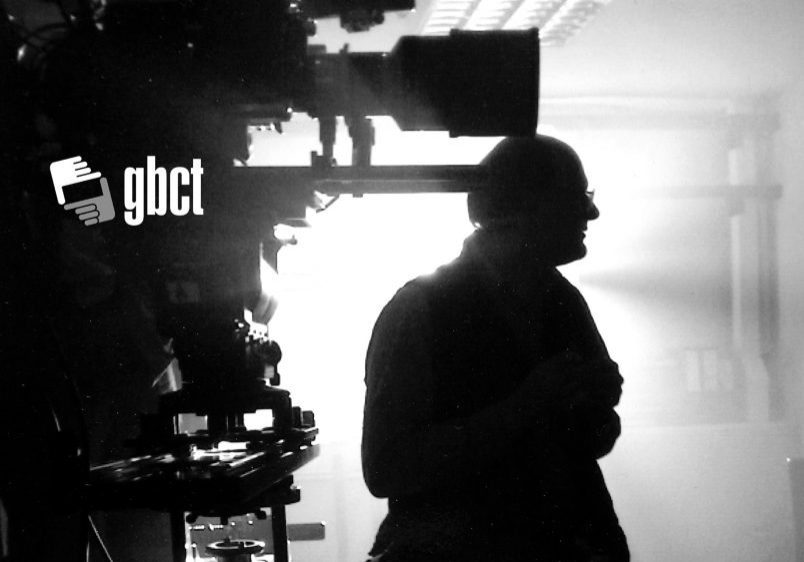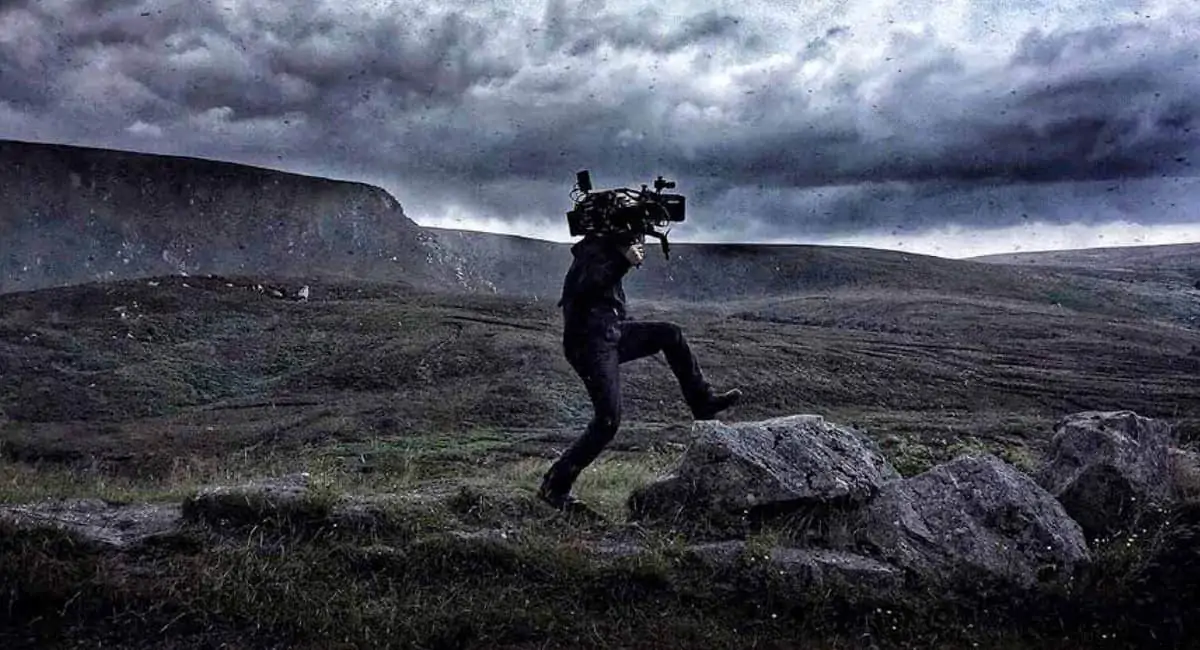Credit is due
GBCT News / Tim Potter

Credit is due
GBCT News / Tim Potter
The media is awash with stories of the ‘gig economy’ (in which temporary positions are common), zero-hours contracts and the ‘precariat’ (those whose income is always precarious). Politicians are wringing their hands, ‘How could this have happened?’.
The Office Of National Statistics recently confirmed that there are 4.76m self-employed and it’s rapidly rising. No longer is this sector confined to the jobbing plumber, window cleaner or film technician, but it has been joined by anyone the management can cast out (sorry, subcontract) into the casualised beyond.
Firstly, I want to say to them, welcome to our world. Our industry has been on a zero-hours life for decades. We have known the problems of casualisation for years. No sick pay, poor pensions and the holiday pay that you pay for yourself.
Secondly, to the politicians I say; you caused this. The ones who are most public in the hand-wringing and gnashing-of-teeth are the very ones who stood by Thatcher as she dismantled manufacturing industries and curtailed the rights of any worker to safeguard their conditions. A few years ago, the BBC’s Newsnight displayed a graph of inflation and average wages for the period from 1945 to the present day. The very jagged lines bumped along together, after a fashion, for most of 1945 to 1985. The odd blip for things like the 1974 oil crisis gave the lines interest. However, what the pundits failed to deduce from the graph was that it plainly showed that the point at which the lines started to diverge in 1985 coincides with the triple whammy of the aftermath of the miners’ strike, the trade union bashing laws. Inflation continued on its inexorable way, but pay started to stagnate. This has been compounded by a stupefying rise in housing costs that has made wages inadequate to the task of living.
This era of free enterprise disguised the real effect of the policies of the time. The ability of those in any position of power over the nation’s workforce to think the unthinkable. It gave them the permission to think that they had no responsibility for the consequences of their actions on their workers. The effects would be slow so that those in power would be long gone when their sins became apparent. Those responsible for this paradigm shift from paternal responsibility (even the Tories called it ‘One Nation’) to the ‘devil take you / shareholder profit is king’ ethos, are now popping up in think-tanks bleating about widening inequalities damaging the nation’s cohesion.
This summer, both sides of mainstream politics seem to have lost the plot and certainly the peoples’ belief that they know how to control the nation’s future. Like the result or not, the Brexit vote showed us that it is now time for the people to speak up and tell the establishment what we want.
Our industry is not known for its shyness when complaining to each other, but we do not use the voice we have to call our masters to account. The French have a whole separate set of conditions for ‘intermittent workers’ which recognises the area between employee and businessman, gives it similar benefits to employment and the freedom to pursue multiple contracts. Our tax and allowances system has been crying out for a regime like this. However, we have been served by an establishment that is congenitally incapable of giving what it sees as ‘something for nothing’. They are blind to the fact that it is us that are paying for it in the first place. Now is the time to start using the better models that we see in Europe and not walk away from them.
Tim Potter
Chair
GBCT



